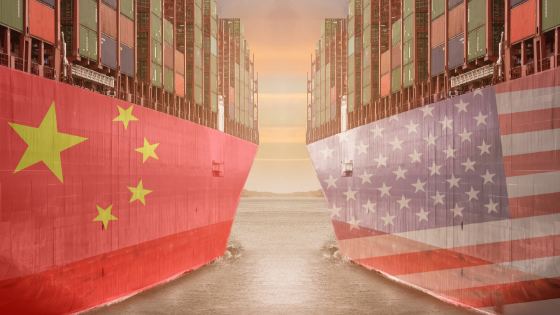Section 301 Tariffs On China, Part 3
Editor’s note: Part Three of a series on the Section 301 tariffs on Chinese products by CPA Buy American Committee co-chair James Stuber.
Read part two here
[James Stuber | August 22, 2019 | The American Dossier| Part three of a four-part series]
Many commentators bemoan the higher costs to U.S. consumers for products subject to the Administration’s announced ten percent tariffs on an additional $300 billion of Chinese imports effective September 1st (with some delayed until December 15th).
These concerns ignore the hidden cost of those ‘low” Chinese prices. One of those hidden costs is the taxes Americans must pay, or the debt they must incur, to pay for U.S. military expenditures to match those of the Chinese.
Under Xi Jinping, the Chinese have been engaged in an unprecedented military buildup, and with great success – an Australian report released yesterday [1] finds that China is outpacing the U.S. and its Western Pacific allies, especially in missiles, numbering in the thousands. The report finds that U.S. and allied military installations “could be rendered useless by precision strikes in the opening hours of a conflict” giving the Chinese a fait accompli position permitting them to make land grabs in the South China Sea and elsewhere without a U.S./Allied response.
Ironically, the Chinese have been paying for their military buildup in part with the very dollars American consumers have been sending them for all those iPhones, computers, and toys: every unanswered dollar sent to China by U.S. consumers is a dollar the Chinese government can tax and apply to their military buildup.
The U.S. must respond with a military build-up of its own, funded by American taxpayers, through taxes or debt – a hidden cost of those ostensibly cheap Chinese products. It would be far better not to give those dollars to the Chinese in the first place. The new round of tariffs is a step in the right direction.
[1] Averting Crisis: American strategy, military spending and collective defense in the Indo-Pacific, August 19, 2019, United States Studies Center at the University of Sydney
Read the original article here.
Read part four of the four part series here.













